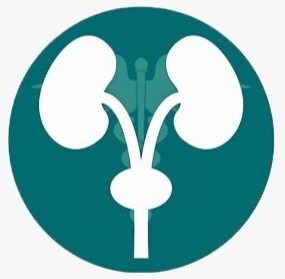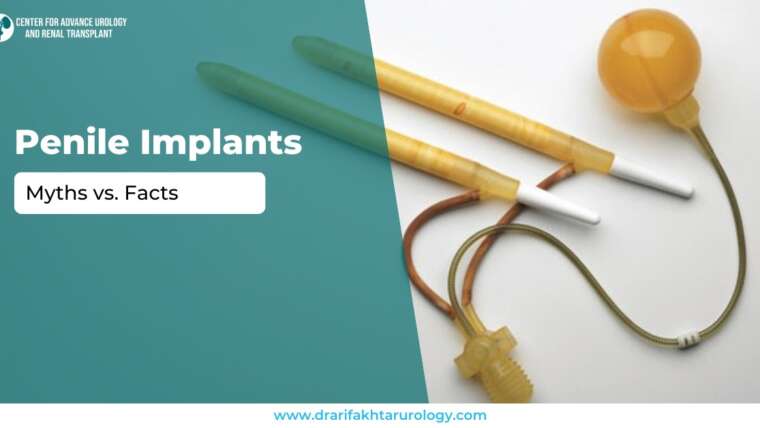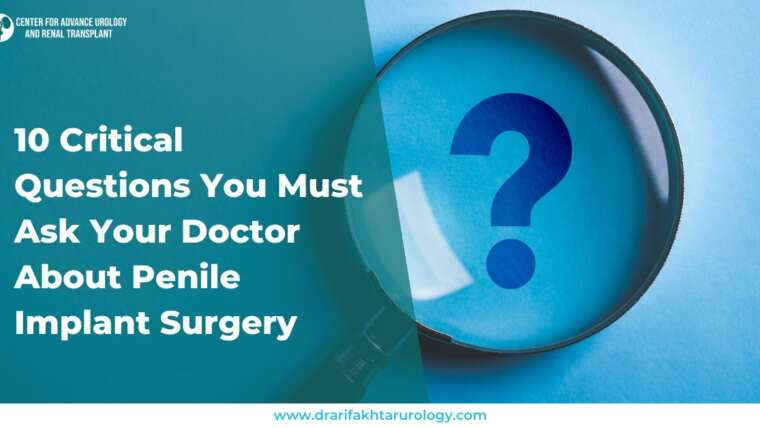Erectile dysfunction (ED) is a common condition that affects many men worldwide. It is characterized by the inability to achieve or maintain an erection sufficient for sexual activity. While ED can have various underlying causes, there are several lifestyle modifications and therapeutic approaches that can help manage this condition effectively.
Understanding Erectile’s Dysfunction
Erectile dysfunction’s is often caused by a combination of physical and psychological factors. Medical conditions such as diabetes, heart disease, obesity, and hormonal imbalances can contribute to ED. Additionally, stress, anxiety, depression, and relationship issues can also play a role.
Lifestyle Modifications for Managing Erectile’s Dysfunction
Healthy Diet and Weight Management:
A healthy diet and weight management play a crucial role in managing erectile dysfunction. Here are some key points to consider:
- Incorporate a balanced diet rich in fruits, vegetables, whole grains, lean proteins, and healthy fats.
- Avoid or limit the consumption of processed foods, sugary snacks, and high-fat meals.
Maintain a healthy weight through regular exercise and portion control. - Obesity is a risk factor for erectile dysfunction’s, so it’s important to maintain a healthy body weight.
Regular Exercise:
Regular physical activity has numerous benefits for overall health and can positively impact erectile function. Here are some recommendations:
- Engage in aerobic exercises such as brisk walking, jogging, swimming, or cycling.
- Incorporate strength training exercises to improve muscle tone and overall fitness.
- Aim for at least 150 minutes of moderate-intensity exercise per week.
Stress Management:
Stress can contribute to erectile’s dysfunction’s, so it’s important to find healthy ways to manage stress. Consider the following strategies:
- Practice stress-reduction techniques such as meditation, deep breathing exercises, or yoga.
- Engage in activities that you enjoy and help you relax, such as listening to music, spending time in nature, or pursuing hobbies.
- Seek counseling or therapy to address any underlying psychological issues contributing to stress and anxiety.
Therapeutic Approaches for Managing Erectile Dysfunction
Medications: Erectile’s Dysfunction
Medications such as sildenafil (Viagra), tadalafil (Cialis), and vardenafil (Levitra) are commonly prescribed to treat erectile dysfunction’s. These medications work by enhancing blood flow to the penis, facilitating erections. It’s important to consult with a healthcare professional to determine the most suitable medication and dosage for your specific needs.
Vacuum Erection Devices (VED): Erectile’s Dysfunction
A vacuum erection device is a non-invasive device that creates a vacuum around the penis, drawing blood into the organ and facilitating an erection. Here are some key points about VEDs:
- They are safe and effective for many men with erectile dysfunction’s.
- Proper usage and instruction are crucial to ensure safety and effectiveness.
It is recommended to consult with a healthcare professional to learn how to use a VED correctly.
Penile Injections and Urethral Suppositories: Erectile’s Dysfunction
In some cases, medications can be injected directly into the penis or inserted into the urethra to induce an erection. Here are some important considerations:
- These methods are typically prescribed for individuals who do not respond to oral medications.
- They require proper training and guidance from a healthcare professional.
- Potential side effects and risks should be discussed with a healthcare provider.
Penile Implants: Erectile Dysfunction
Penile implants are devices surgically implanted into the penis to provide rigidity and allow for an erection when desired. Here are some points to consider:
- Penile implants are typically reserved for individuals who have not responded to other treatment options.
- The procedure requires surgical intervention and should be discussed thoroughly with a urologist.
Conclusion: Erectile Dysfunction
Managing erectile dysfunction’s requires a comprehensive approach that includes lifestyle modifications and therapeutic approaches. By adopting a healthy lifestyle, managing stress, and exploring appropriate treatment options, individuals with erectile dysfunction’s can regain control over their sexual health and overall well-being. It is essential to consult with a healthcare professional to determine the most suitable strategies for managing your specific condition.
FAQs: Erectile Dysfunction
Can lifestyle modifications alone effectively manage erectile dysfunction?
Lifestyle modifications can significantly improve erectile function in some cases, especially if the underlying cause is related to factors such as obesity or poor cardiovascular health. However, for individuals with more complex or severe cases of erectile dysfunction, additional therapeutic approaches may be necessary.
Are there any natural supplements or herbs that can help with erectile dysfunction?
While some natural supplements and herbs claim to improve erectile function, their effectiveness and safety are not well-established. It is important to consult with a healthcare professional before using any alternative treatments or supplements to ensure they are safe and compatible with any medications you may be taking.
Are there any non-invasive treatment options for erectile dysfunction?
Yes, there are non-invasive treatment options available for erectile dysfunction’s. Vacuum erection devices (VED) are a popular choice, as they provide a non-surgical and drug-free solution. Additionally, penile injections and urethral suppositories offer non-invasive alternatives to oral medications.
Is erectile dysfunction a normal part of aging?
While it is true that the prevalence of erectile dysfunction’s increases with age, it is not considered a normal part of the aging process. Erectile dysfunction can often be attributed to underlying medical conditions, lifestyle factors, or psychological factors. It is important to seek medical advice if you are experiencing persistent or worsening erectile dysfunction, regardless of age.




